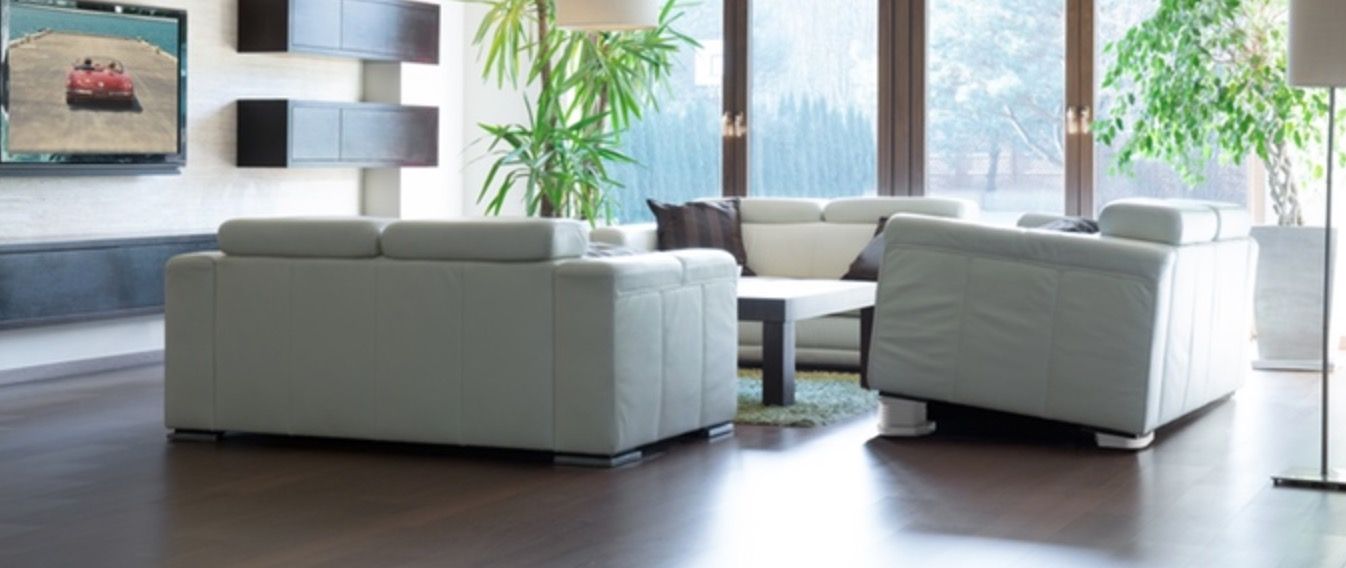Is an online informative magazine that provides information and tips about the Homes…
Category: habitats – Page 143

Is Your COUCH Smart Enough? Enter the Immersit
Smartphone meet the Smartcouch.
http://www.broadwayworld.com/bwwgeeks/article/Is-Your-COUCH-…-20160220#
I’m reporting this news now from my couch and I must admit that after months of immersion in the Smart Home world, I’ve never once considered if my sofa was on the list of home products needing to be upgraded. Until, I suppose…today. Welcome to the Immersit, the new device which might have you never looking at your La-Z-Boy the same way again. Or, if you’re like me … wondering if the product will work, destroy your sofa, or frighten the heck out of your pet.
Let’s go to the Kickstarter which is fully funded with more than $100,000 dollars pledged and still weeks to go. Here’s how they describe themselves: “Immersit, a plug & play device installed under your couch, can generate a very high amount of movement patterns and vibrations ranging from explosive to subtle: pitches, rolls & heaves, moving users back & forth, from side to side and up & down. All these, combined with intelligent vibrations and an adjustable intensity, result in the ultimate movie and gaming experience in which each explosion, wave & sharp turn is felt directly by the user from his own furniture.”
The genesis.

The next tallest building in the world could be in Tokyo — here’s what it would look like if built
At almost double the height of the world’s current tallest building, the Sky Mile Tower would rise a mile high into the sky.
History: I know that we often write about the future, etc
However, one also must look at the past for insights and guidance on things that were done wrong to ensure bad history is not repeated.
Therefore, let me share with you a part of history that we need to be aware of and protect our future from ever repeating again.
Many folks have never heard of Poor Farms in the South and Poor Houses in some parts of the Midwest. Before soc. Security and Welfare we had poor farms/ houses. They date from the late 1800s until 1930s.
Poor farms/ houses were often filled with the elderly and others that had no money or anyone to take care them. People often worked the land for 16+ hours days, dressed in rags, and had very little to eat. Once you were there you could not leave ever until you died.
My grandfather always taught us that if Social Security and Welfare were ever eliminated, that a model of Poor Farms/ houses would return.
Poorhouses promised to be a much more efficient and cheaper way to provide relief to paupers.

Betting on the bots
This is wonderful program for students wanting to learn robotics. I do believe for real AI/ traditional Robotics (not referring to nanobots or microbots) to truly accelerate in capabilities; it will require technology like Quantum.
Two young engineering students are making robotics more accessible to enthusiasts across the country
A spartan apartment at a nondescript housing society in Pashan is filled with robots of all shapes and sizes. Among the curious looking machines are two robotic hands that mimic the movement of a human body and a large quadcopter that looks as if it’s ready to fly. This is the working space of College of Engineering, Pune (CoEP) alumni Amol Gulhane and Pratik Pravin Deshmukh — the 20-something founders of Robolab, a venture that’s making robotics accessible to the masses by building robotics labs across the country.
“We were inspired to start Robolab because of two reasons. Being members of the Robot Study Circle, a college group dedicated to robotics at CoEP, we were passionate about building robots. Although we were specialising in electronics and telecommunications, robotics brought out the best in us. When the time approached for graduation in 2013, the thought of having to give up our hobby was depressing. So, the idea to start Robolab in November 2013 was born out of the desire to stay true to our calling,” said Deshmukh. The second reason, revealed the youngsters, was more idealistic. In the course of launching Robolab, the duo conducted a survey to find out the number of colleges in India having labs dedicated to robotics. “We found out there were just a handful of colleges like the IITs who had such labs. Since not many people can make it to the IITs, we decided to take robotics to the masses with Robolab.”

IoT Could Be Used by Spies, U.S. Intelligence Chief Says
More Intel Concerns
James Clapper tells senators the vulnerabilities in connected devices that hackers exploit can also be used for surveillance by foreign countries.
As the Internet of things has grown, so has the debate about security around it.
Much of the focus has been around the fact that with billions of new systems, devices and sensors connecting each year, the attack surface for hackers continues to widen. Add in a lack of security in many of these connected devices and their growing popularity in homes and businesses, and the issue becomes even more concerning.
Cloud-Brained Humanoid Robots Are Right around the Corner
As much as this article wants to promote that by 2020 that we will have terminator style robots acting as an in home nurse with patients (at least in the US) will be very hard to see. Most elderly as well as young children need more of human or personable interaction in their lives. I do highly suggest researchers (especially those that have studied children in orphanages where limited human interaction was available) to share your own insights of what happens to children who are without human contact at long periods as well as the elderly. I believe folks will rethink somethings and be more pragmatic in what these robots can and can do.
Published on Feb 3, 2016
A new generation of humanoid robots are coming in the 2020s, says innovation and industry expert Alec Ross. They will care for our aging populations and revolutionize manufacturing. Ross’ book is “The Industries of the Future The Industries of the Future.
What homes on Mars will look like
What it might be like to live on Mars.
NASA revealed what homes on Mars will be like — and we don’t have to wait long.
How Virtual Reality Is About to Totally Transform the Travel Industry
Experience your potential vacation options from your office or home prior to booking.
VR has obvious value when it comes to entertainment. But its best use may lie in tourism.

Tech Ethics (And Where They’re Lacking)
The late Supreme Court Justice Potter Stewart once said, “Ethics is knowing the difference between what you have a right to do and what is right to do.”
As artificial intelligence (AI) systems become more and more advanced, can the same statement apply to computers?
According to many technology moguls and policymakers, the answer is this: We’re not quite there yet.